
Original text: Isaiah Austin, Bitcoin Magazine
Translation: Yuliya, PANews
Labeling Bitcoin as "digital gold" is a misunderstanding of this revolutionary form of currency. This characterization simplifies Bitcoin to merely an asset with a store of value function, obscuring its deeper technological advantages and financial potential.
Analogy is a common way for humans to understand new things, and when faced with the unprecedented concept of Bitcoin, people naturally tend to seek a reference model. Before the general public has a deep understanding of Bitcoin's underlying mechanisms, "digital gold" is undoubtedly an intuitive and easily accepted analogy. Bitcoin's scarcity, global usability, and store of value function make it seem logical to call it "digital gold."
This narrative has driven adoption at the institutional and sovereign state levels, and it was even included in the first paragraph of President Trump's executive order regarding the establishment of a strategic Bitcoin reserve: "Given its scarcity and security, Bitcoin is often referred to as 'digital gold.'"
This is an undeniable achievement. However, if Bitcoin is to realize its true potential, this narrative must be updated.
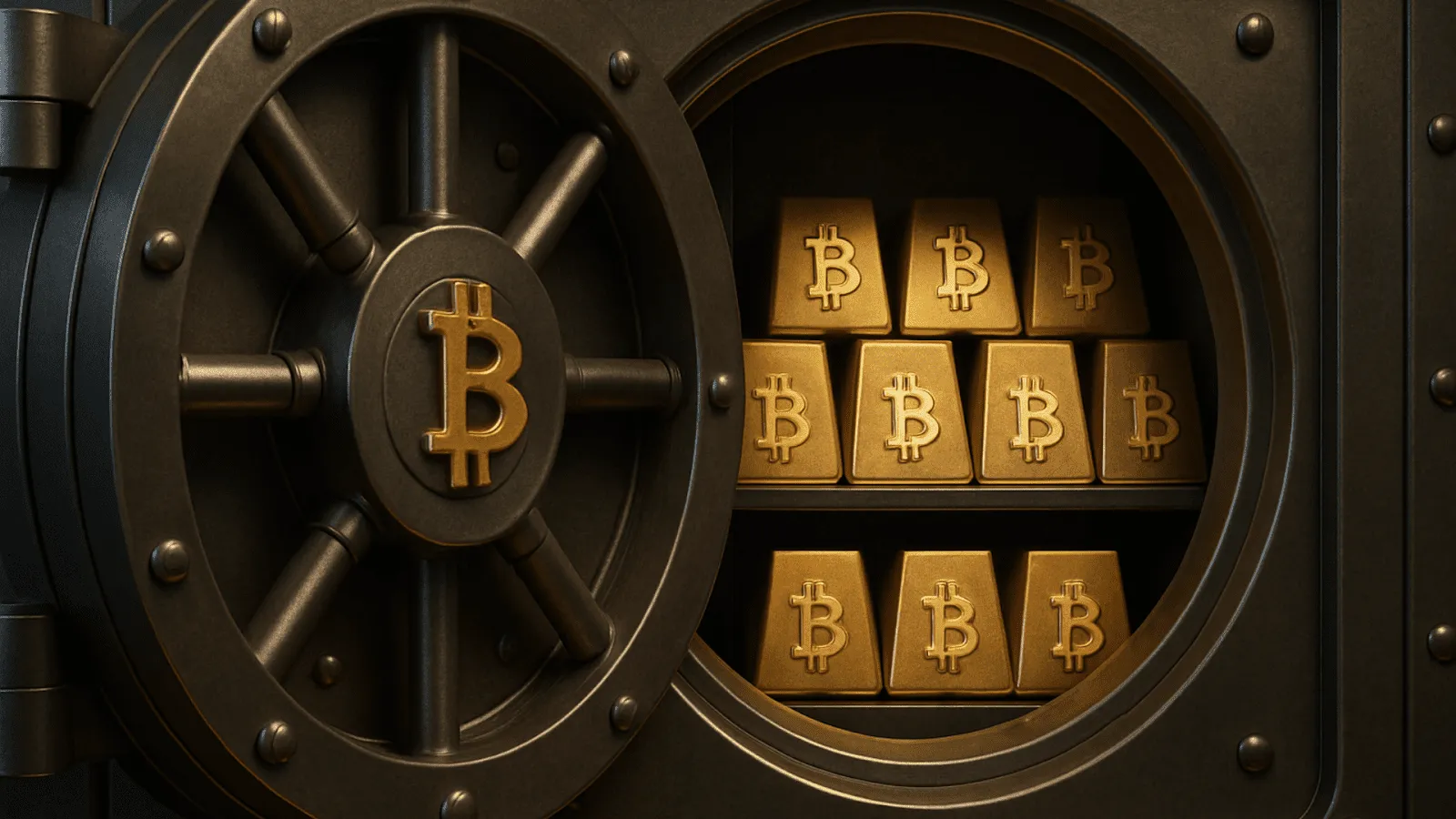
Bitcoin is not "digital gold."
Equating it with gold diminishes a currency innovation that fundamentally disrupts the traditional financial system. The fundamental attributes of Bitcoin render the qualities that gold prides itself on outdated, while it is faster, safer, and more decentralized than fiat currency.
Scarcity and Limitation
The reason gold has been a long-standing store of value is its scarcity. Over the past century, the annual production of gold has only increased by about 1% to 2%. The difficulty of exploration, coupled with high labor, equipment, and environmental costs, makes large-scale expansion economically unviable.
This naturally occurring supply constraint has granted gold its monetary status since 3000 BC. In ancient Rome, the price of a high-quality toga was equivalent to the amount of gold needed for a tailored suit today, demonstrating its stable value.
However, in the age of Bitcoin, using an asset with supply fluctuations as a measure of value seems outdated. Bitcoin is not scarce; it is "limited." Its total supply is permanently capped at 21 million coins and will not increase due to technological breakthroughs or cosmic mining.
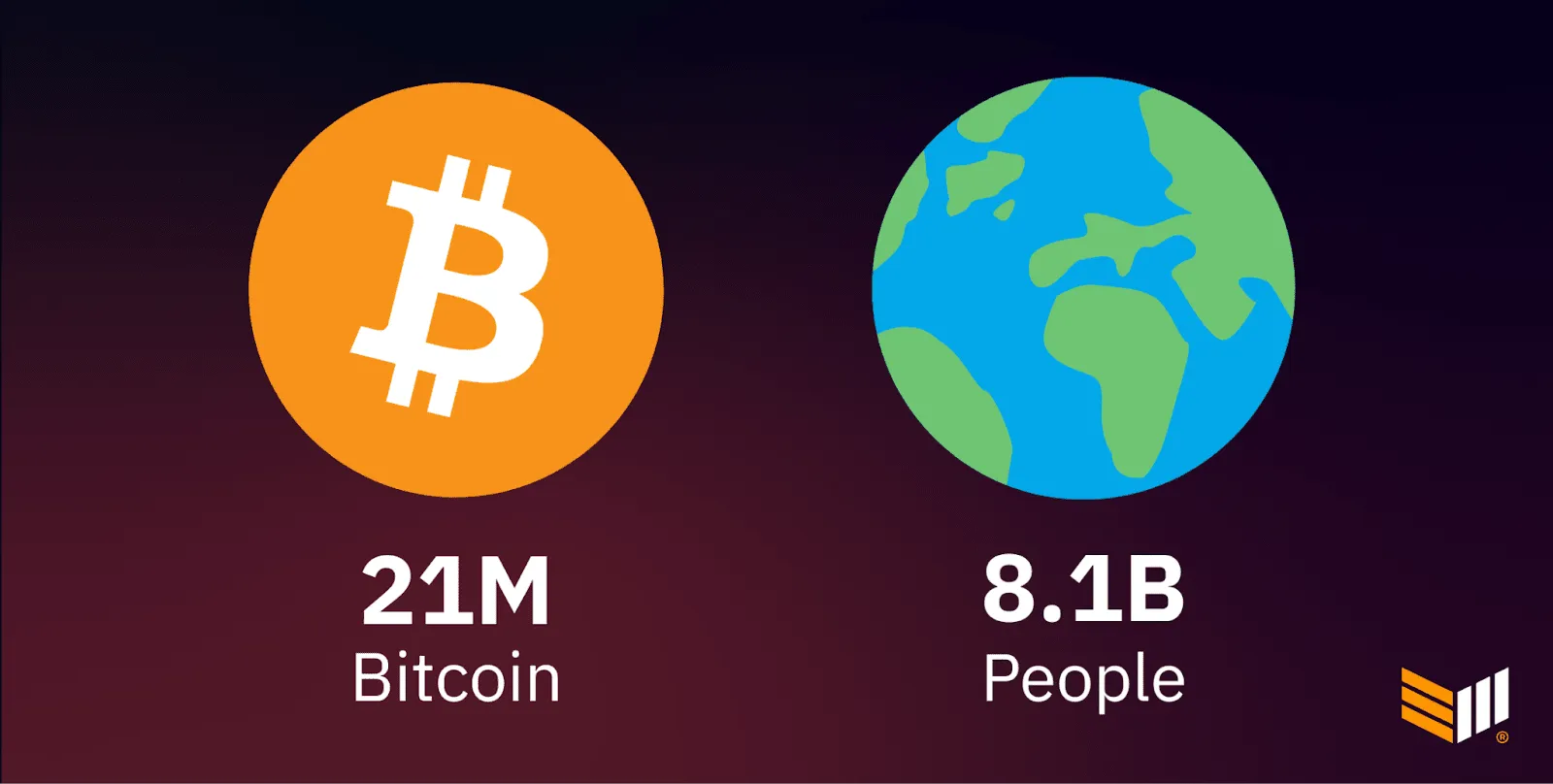
Through mathematical and technological means, humanity has for the first time possessed a fixed-supply tradable currency, the significance of which far exceeds what "digital gold" can encompass.
Divisibility
While gold can be cut, it is hardly "highly divisible." Only under conditions equipped with saws, laser devices, and precision scales can it barely possess this characteristic. Therefore, gold is suitable for large transactions but difficult to use for everyday payments.
At current market prices, 1 gram of gold is worth about $108. If one were to pay for a sandwich with gold, they would have to scrape off a corner, which is clearly impractical in reality.
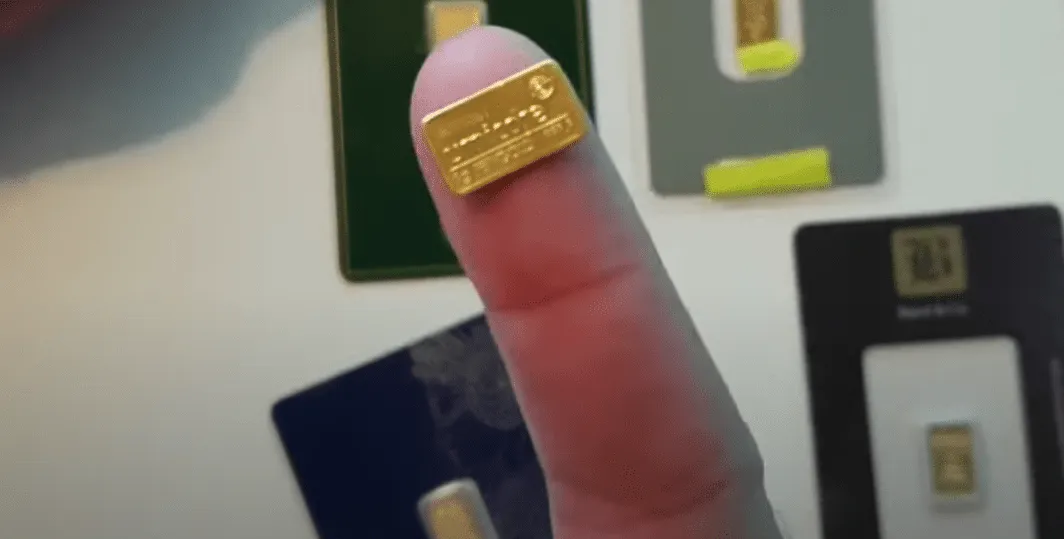
Historically, humans have issued coins with a defined metal content to alleviate this problem. However, this also opened the door to currency devaluation.
For example, the stater coin minted in Lydia around 600 BC was initially made from electrum (a gold-silver alloy) with a gold content of about 55%. After being conquered by the Persian Empire in 546 BC, coins gradually began to be mixed with basic metals like copper to reduce gold content. This practice led to a decline in the actual value of the coins, and by the end of the 5th century BC, their gold content was only 30%-40%.
The inability of gold as an asset to achieve divisibility has led to its ineffective long-term use throughout history. To conduct small transactions, citizens often exchanged gold with the government for 1:1 coins, and this mechanism often resulted in currency devaluation and a collapse of social trust due to elite manipulation of power.
No gold-based monetary system in history has ultimately avoided devaluation. The actual demand for microtransactions has forced the public to rely on state-issued paper money and small denominations, thereby losing control over their wealth.
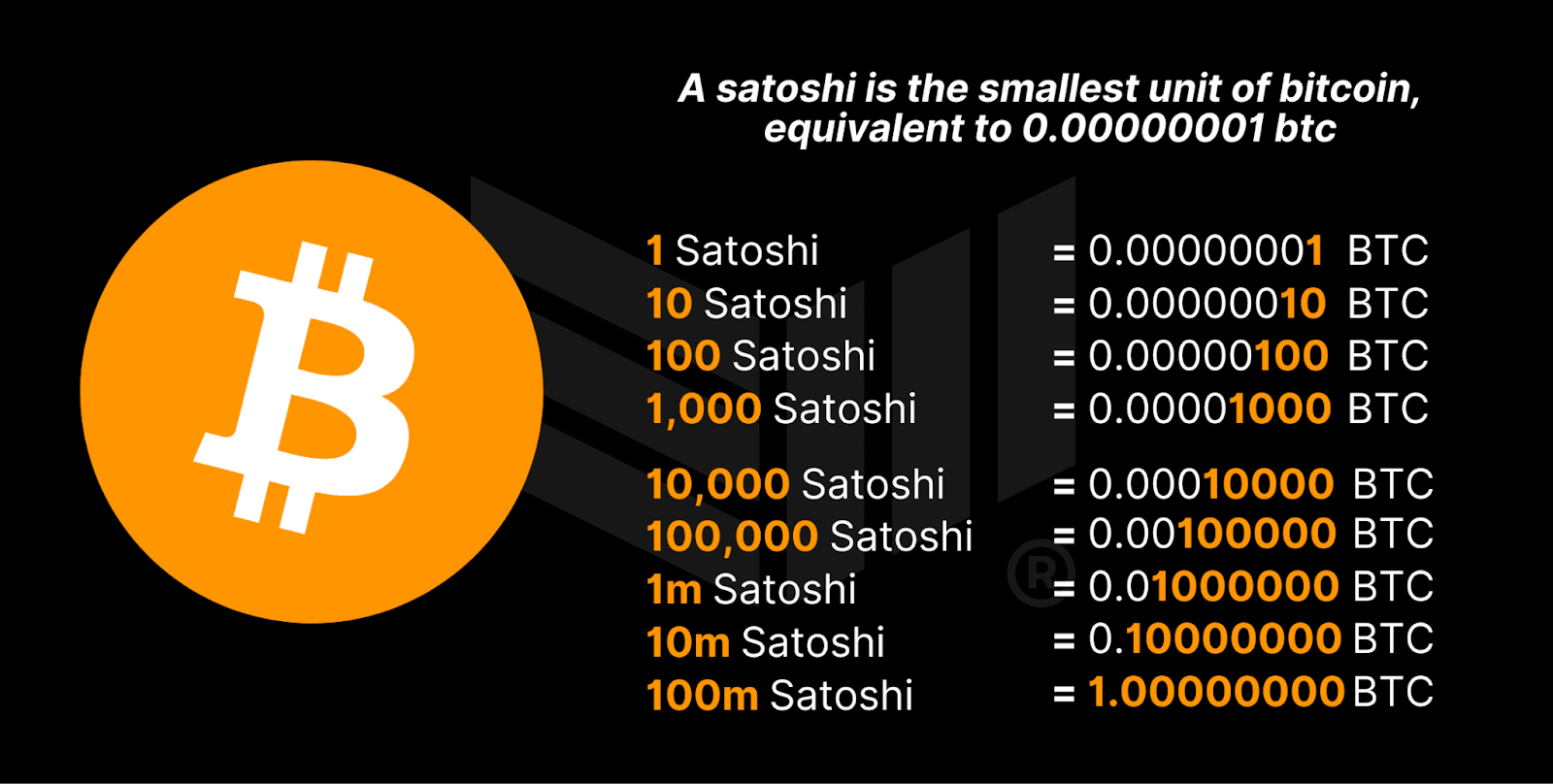
Bitcoin has achieved a fundamental breakthrough in this regard. Its smallest unit, "satoshi," is equal to one hundred millionth of a Bitcoin. Currently, 1 satoshi is worth about $0.001, and its divisibility surpasses that of the dollar. Bitcoin transactions do not require any institutional or governmental intermediaries; users can always directly use the smallest unit for transactions, making it a truly intermediary-free currency system.
Thus, comparing gold and Bitcoin in terms of divisibility and pricing units is almost laughable.
Auditability
The last time the U.S. government officially audited its gold reserves was in 1974. At that time, President Ford allowed reporters to enter Fort Knox in Kentucky to inspect the vault, and there were no irregularities. But that was half a century ago.
To this day, speculation about whether the gold in Fort Knox is still intact persists. Recently, there were even rumors that Musk would live-stream the audit process, but this "upcoming" audit quickly fizzled out.

Unlike the rare and infrequent manual audits of gold, Bitcoin's verification is automatic. Through a proof-of-work mechanism, a new block is added every 10 minutes, and the system automatically verifies the legality of transactions, total supply, and consensus rules.
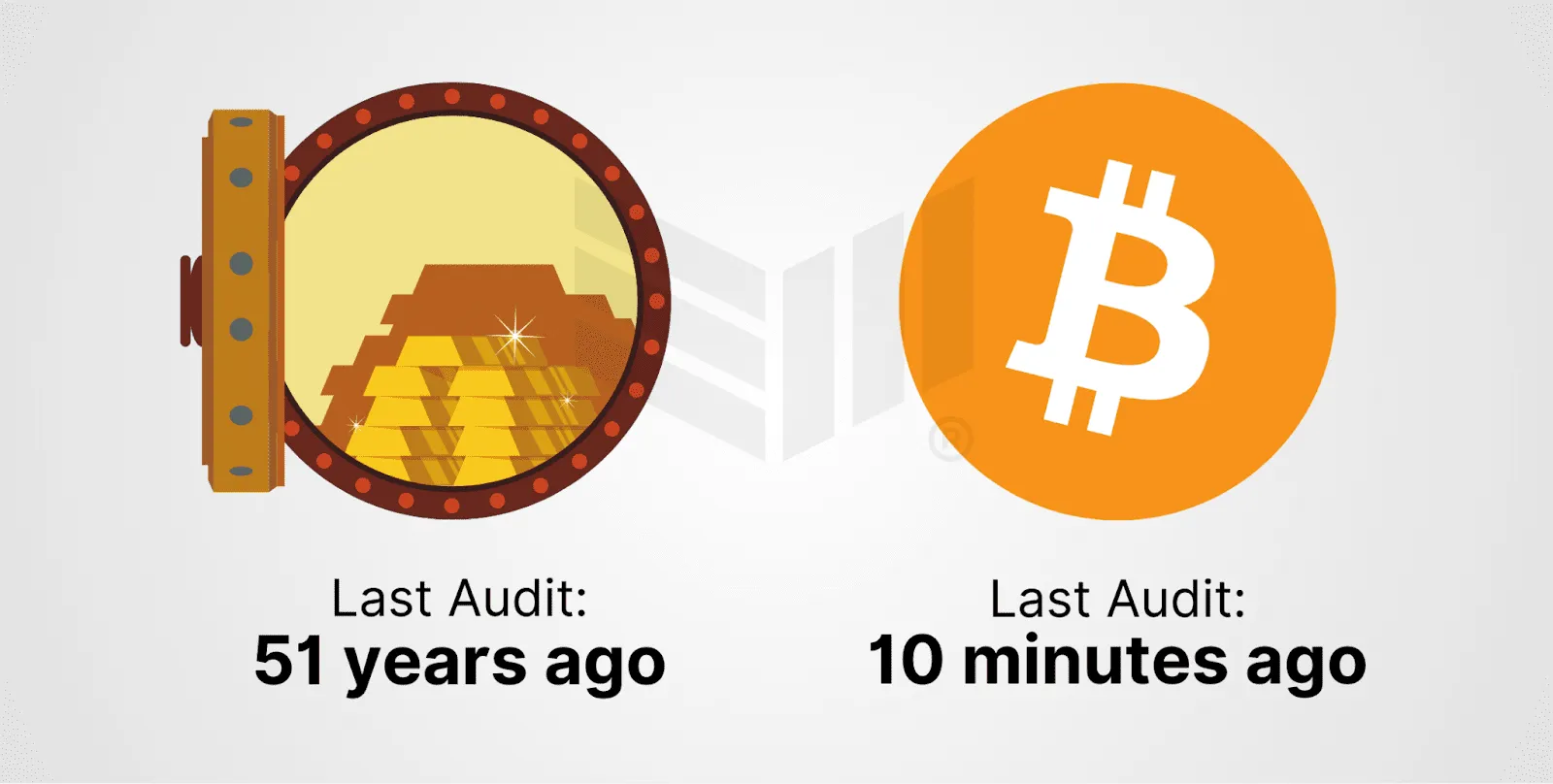
Compared to the third-party trust mechanisms relied upon by traditional audits, Bitcoin achieves trustless, transparent on-chain verification. Anyone can independently verify blockchain data in real-time, and "don't trust, verify" has become Bitcoin's consensus principle.
Portability
The portability of Bitcoin goes without saying. Gold is large and heavy, requiring specialized ships or planes for cross-border transport. Bitcoin, on the other hand, is stored in wallets, and regardless of the amount, its "weight" is always zero.
However, Bitcoin's true advantage lies not in its lightness but in its lack of need for physical "movement." In reality, receiving a payment in gold means incurring transportation costs and the risk of intermediary trust. In cross-border transactions, the involved third parties include transaction facilitators, export logistics teams, transport personnel, recipients, and custodians, with each link being a part of the trust chain.
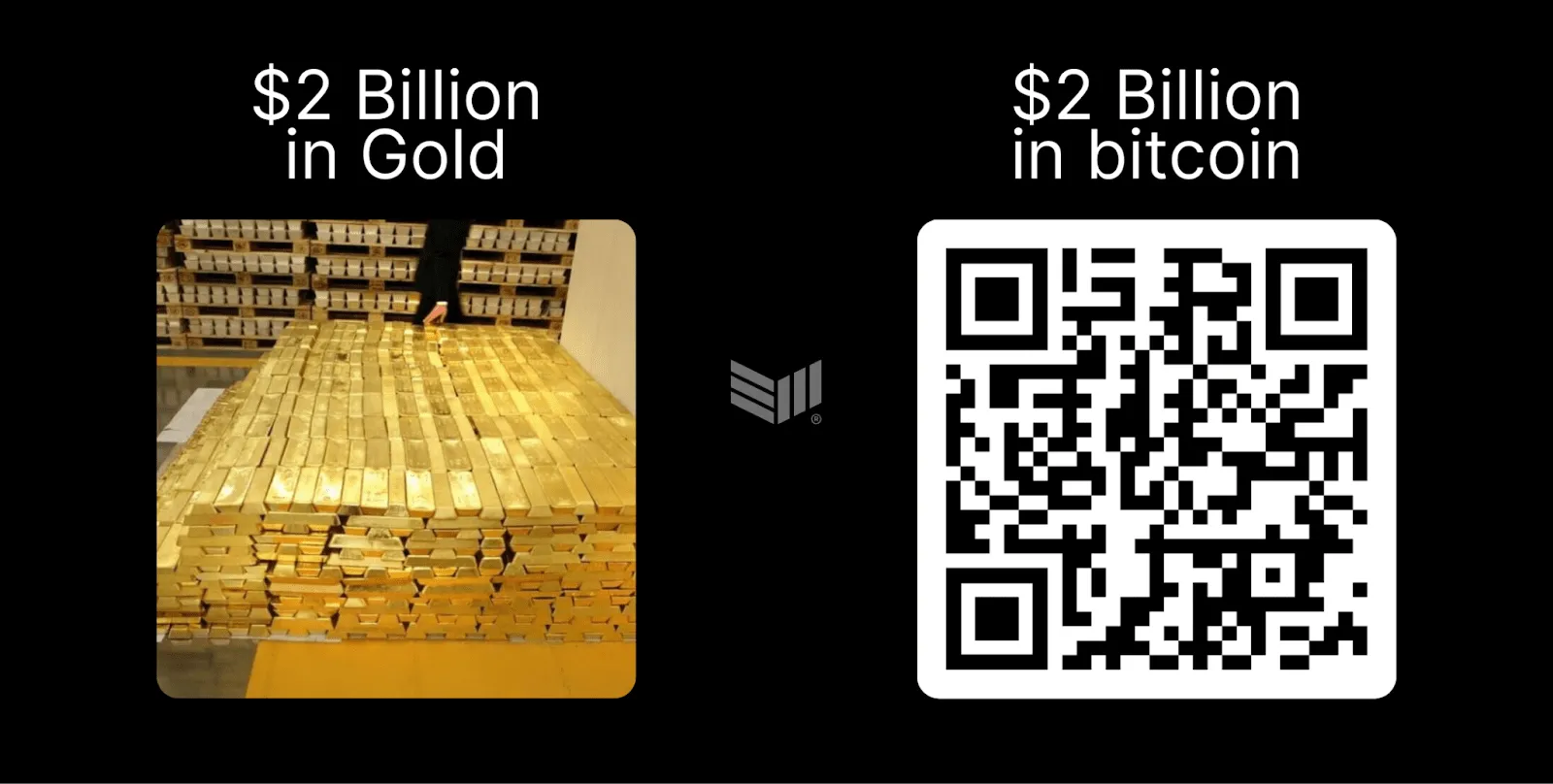
Bitcoin, however, requires no intermediaries. Users can complete cross-border payments directly through the blockchain, with the entire transaction being publicly verifiable and free from fraud risk. This is the first time humanity has truly possessed "electronic cash."
Conor Mulcahy from Bitcoin Magazine once pointed out: "Electronic cash is a type of currency that exists only in digital form and is used for peer-to-peer transactions. Unlike electronic money that relies on banks and payment processors, electronic cash mimics the anonymity of physical cash and the direct exchange characteristics of users."
Before the advent of Bitcoin, peer-to-peer non-face-to-face transactions were still a theoretical hypothesis. Those who believe that "if you can't see it or touch it, it's not real" will gradually be phased out in this accelerating digital age.
Not All Bitcoin "Adoption" is Worth Celebrating
If the goal is merely to drive up the price of Bitcoin, then the "digital gold" narrative is indeed effective; governments, institutions, and individuals will continue to enter the market, and prices will keep rising.
However, if Bitcoin is viewed as a technological revolution that changes the order of freedom, its dissemination must be rethought. To position Bitcoin at the core of the global financial freedom system, it is essential to educate those who have yet to encounter Bitcoin, conveying its uniqueness rather than relying on simplified metaphors.
Bitcoin deserves to be recognized as a completely new form of currency, not as a digital substitute for gold.
免责声明:本文章仅代表作者个人观点,不代表本平台的立场和观点。本文章仅供信息分享,不构成对任何人的任何投资建议。用户与作者之间的任何争议,与本平台无关。如网页中刊载的文章或图片涉及侵权,请提供相关的权利证明和身份证明发送邮件到support@aicoin.com,本平台相关工作人员将会进行核查。




